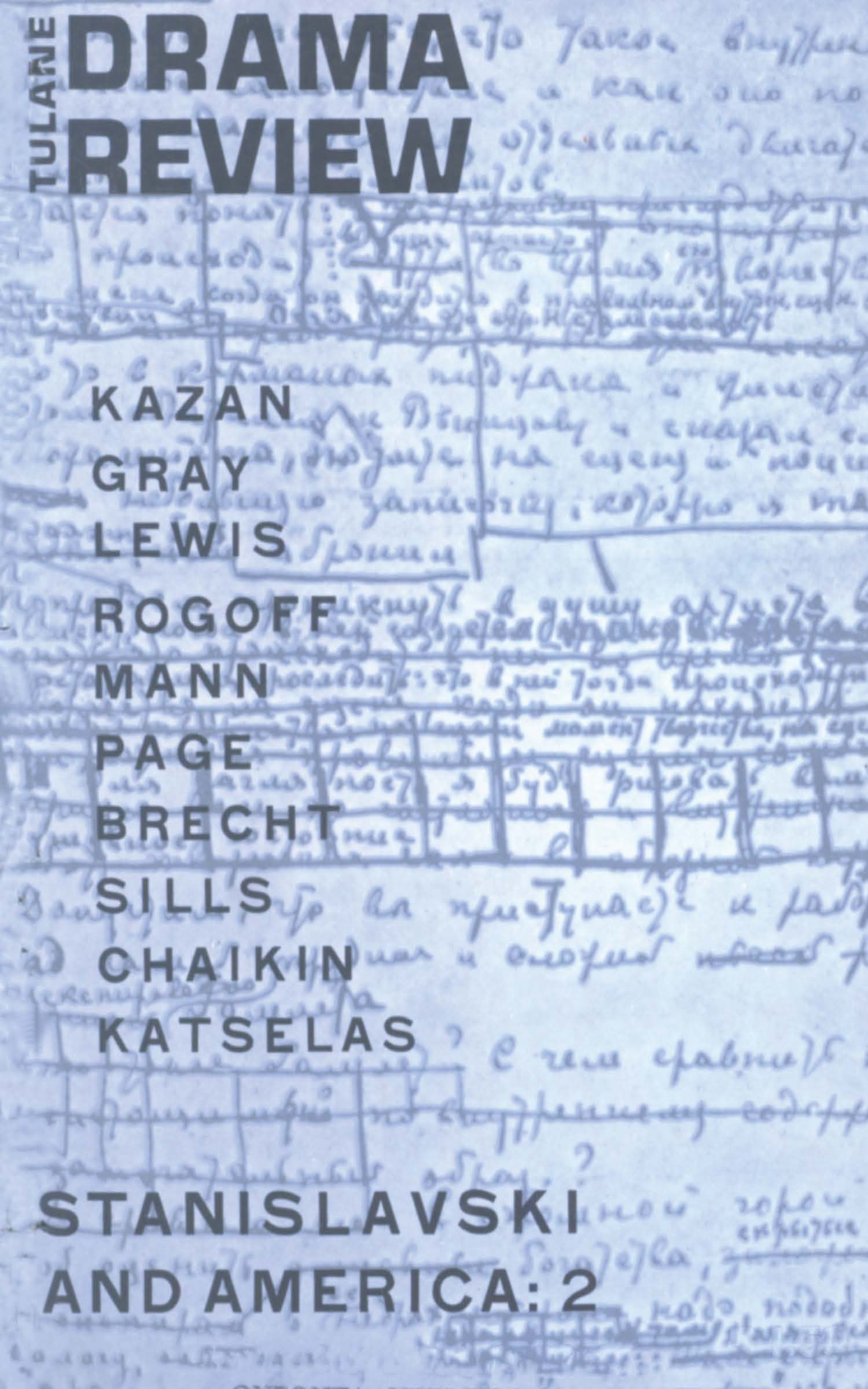No CrossRef data available.
Article contents
The Problem of Judith
Published online by Cambridge University Press: 03 February 2022
Extract
Our misery is undeserved—we loved her. Judith created her own; she loved herself.
—Judith, Act III, scene 1Judith, written by Jean Giraudoux in 1931, and predecessor of Elèctre (1937), Sodome et Gomorrhe (1943), and Pour Lucrèce (1944), is the only one of his plays which Giraudoux himself labeled a tragedy. Critics of the work have not denied him this label, although views of what constitutes the tragedy differ widely. One of Judith’s translators rather frivolously calls it “a fable of sex and God.” A German writer terms it a tragedy of Nature wronged, with God the Worm, destroyer of all things, as the ultimate villain. It has been called “a magnificent tragedy of spoliation,” as well as “the most profound and the most ambiguous of all of Giraudoux’ plays.“ And finally, Mr. Bert M-P. Leefmans regards Judith as the 20th century’s cry of despair from a sink of iniquity, or, as he puts it: “In Judith … the Fall is total, the beasts take over from mankind, and Judith … chooses, or is forced, merely to survive.“
- Type
- Research Article
- Information
- Copyright
- Copyright © 1959 The Tulane Drama Review
References
Footnotes
1 Savacool, John A., quoted in The Modern Theatre, v. 3, edited by Bentley, Eric, New York, 1955, in Notes, p. 306.Google Scholar
2 Werner, Fink, Jean Giraudoux, Glueck und Tragik, dissertation, Basel, 1947, p. 99.Google Scholar
3 Jean, Falize, A la rencontre de Jean Giraudoux, Paris (?), 1946, p. 28.Google Scholar
4 Magny, Claude-Edmonde, Prédeux Giraudoux, Paris, 1945, p. 96.Google Scholar
5 M-P, Bert. , Leefmans, “Giraudoux’ Other Muse,” The Kenyan Review, Autumn, 1954, p. 625.Google Scholar
6 Giraudoux, Jean, quoted in: Bourdet, Edouard, Le Théâtre de Jean Giraudoux, Paris, 1944, p. 6.Google Scholar
7 Ibid., pp. 11-12.
8 For some of Mr. Savacool’s changes in this scene, see appendix.
9 Leefmans, op. cit., p. 626.
10 Ibid., p. 626.


